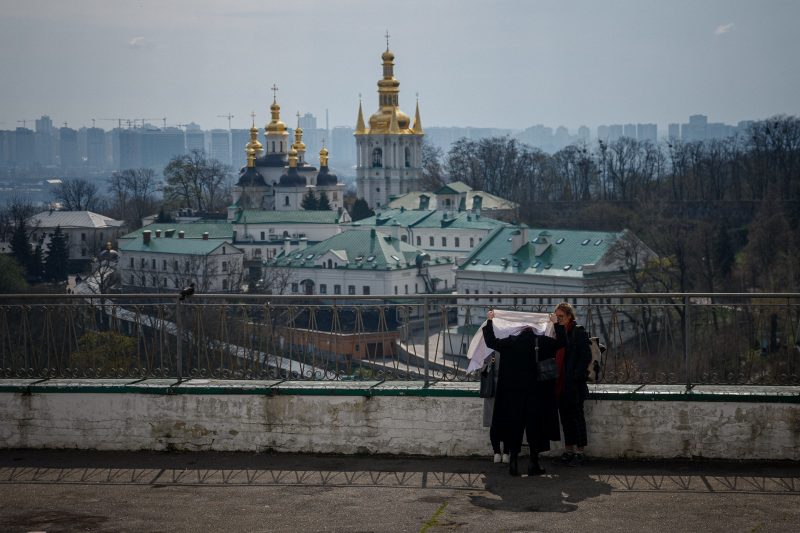In the geopolitical arena of today, conflicts can manifest in unexpected places. One such battleground that has emerged in recent times is the future of the Orthodox Church in Ukraine. This contentious issue has not only divided religious communities but also caught the attention of powerful lobbyists in Washington D.C., who are engaged in a fierce struggle to shape the direction of the Orthodox Church in Ukraine.
The Orthodox Church in Ukraine has a long and complex history, closely intertwined with the country’s political and cultural landscape. The recent granting of autocephaly, or independence, to the Orthodox Church in Ukraine by the Ecumenical Patriarch of Constantinople in 2019 has sparked a heated debate within the Orthodox community. Those who support the move see it as a necessary step towards the independence and self-governance of the Ukrainian Church, free from external influences. On the other hand, opponents argue that the decision threatens the unity of the global Orthodox communion and undermines the authority of the Russian Orthodox Church, to which the Ukrainian Church was previously subordinate.
In the corridors of power in Washington D.C., various interest groups have taken up the cause of either side in the debate over the Orthodox Church in Ukraine. Lobbyists representing different factions within the Orthodox community, as well as those with broader geopolitical interests, are actively lobbying policymakers to support their respective positions. The involvement of lobbyists in this religious dispute highlights the complex interplay between religion, politics, and power in today’s world.
One of the key issues that lobbyists are focusing on is the question of recognition. The Ukrainian Orthodox Church that split from the Moscow Patriarchate and received autocephaly is seeking recognition from other Orthodox churches around the world. Lobbyists on both sides are working tirelessly to garner support for their preferred outcome, with some advocating for recognition of the new Ukrainian church as a legitimate player in the global Orthodox community, while others push for maintaining the status quo and preserving the unity of the Russian Orthodox Church.
The battle over the future of the Orthodox Church in Ukraine is not just a religious or regional conflict; it is also a strategic power struggle with implications that reach far beyond the borders of Ukraine. The involvement of D.C. lobbyists underscores the high stakes involved in this dispute and the lengths to which various actors are willing to go to influence its outcome.
As the debate rages on, it is clear that the future of the Orthodox Church in Ukraine remains uncertain. The role of lobbyists in shaping this debate highlights the complexities of modern geopolitics, where religion, politics, and power converge in unexpected ways. Ultimately, the resolution of this conflict will have profound implications not only for the Orthodox community but also for the wider global order. The battle over the Orthodox Church in Ukraine serves as a reminder of the intricate web of interests and influences that shape the course of history in our interconnected world.

